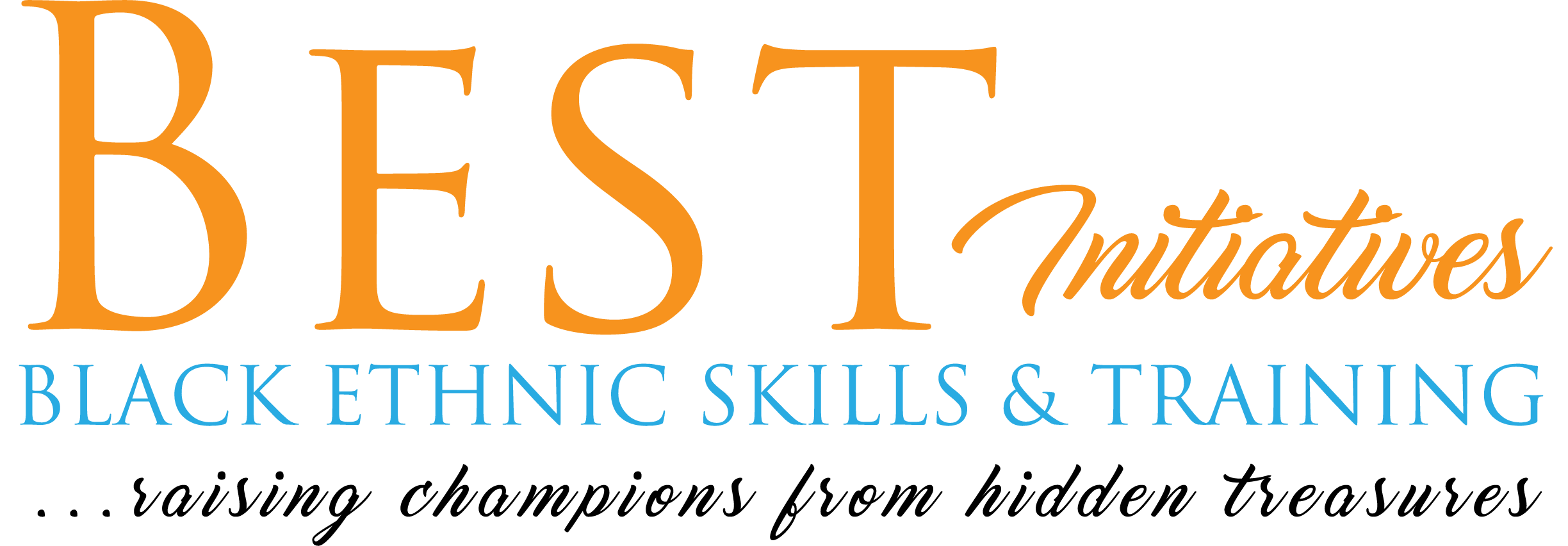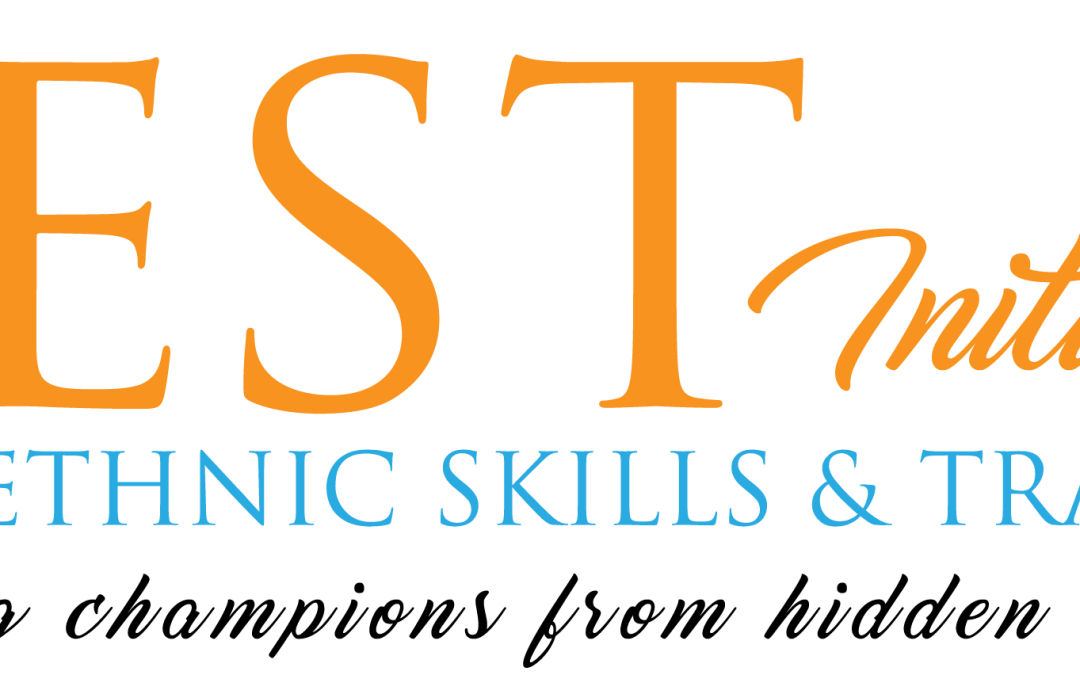Black Ethnic Skills and Training (BEST) Initiatives began as a Community Group on September 8th, 2006, and became a registered charity on December 8th, 2012. Over the years, BEST has successfully completed several projects.
From 2006 to 2007, BEST conducted research and a pilot program to study the impact of social diversity within the community. The research revealed that there was a serious lack of social cohesion and integration among various ethnic groups, races, and religions. People tended to interact only with those of their own race, religion, or ethnicity, creating a culture of “us” and “them.” To address this issue, BEST launched the Strategic Social Cohesion project in 2008, which was supported by the Big Lottery Fund and Newcastle City Learning. The project provided common skills acquisition sets such as hairdressing, hat making, sewing, embroidery, tie-dye, and bead making, attracting people from various ethnic groups, religions, and races. As many as 250 learners enrolled and benefited from this project.
Building on the success of the Strategic Social Cohesion project, BEST launched the Grassroots Educational Support Scheme (GESS) in 2013. GESS offered After School Home Work Activities for children and young people aged between 8 -18, in addition to Information, Advice & Guidance (IAG), pre-employment support for the unemployed, training, and mentorship for parents on how to support their children’s education, and IT ESOL for people whose first language was not English.
After the GESS project, BEST engaged in a review period that concluded in March 2018. The organization prioritized services that continued to be delivered by volunteers due to funding constraints. The review process clarified the organization’s future purpose and direction, and BEST secured continued investment in the development of volunteers, skills, and capacity through their CVS Network. This provided access to free resources, additional volunteer capacity, volunteer training, use of training and meeting space, and mentoring.
BEST’s first project since the review period was the Skills and Employability Support Scheme (SAESS). SAESS was a non-accredited training program with culturally relevant skills focus linked with employability support. The program aimed to engage members of the BME community positively to consider future employment options while developing their skills, personal confidence, and self-esteem. The program provided practical skills and knowledge around all aspects of sewing and machining to enable individuals to address their personal, domestic, and potentially industrial/employment needs. There was a clear progression route to further practical and vocational study at Newcastle College.
Following the SAESS project, BEST launched the Employability Training & Mentorship Support Scheme (ETAMSS), which enabled participants to develop essential skills to improve their potential for work. The program provided supported access to computers/laptops, instruction in CV writing, interview simulation, online job searches, completing essential forms, opening e-mail accounts, and interaction with online and social media. The program accommodated and supported individuals whom English was their second language.
BEST also launched the COVID-19 Impact Relief Support Scheme (CIRSS) and COVID-19 Community Pain Alleviation Scheme (CCPAS) to support those adversely impacted by the COVID-19 pandemic in the BME community. These schemes aimed to fill the gap in public services overrun by the pandemic and alleviate the community’s pain.
Each project listed above aimed to improve the lives of community members through employment support, education, skills and training, Information Advice and Guidance (IAG), integration, cohesion, partnerships, and collaborations. BEST’s efforts have contributed significantly to enhancing social cohesion and integration within the community and preserving the cultural heritage of BME communities in Newcastle and Gateshead.

